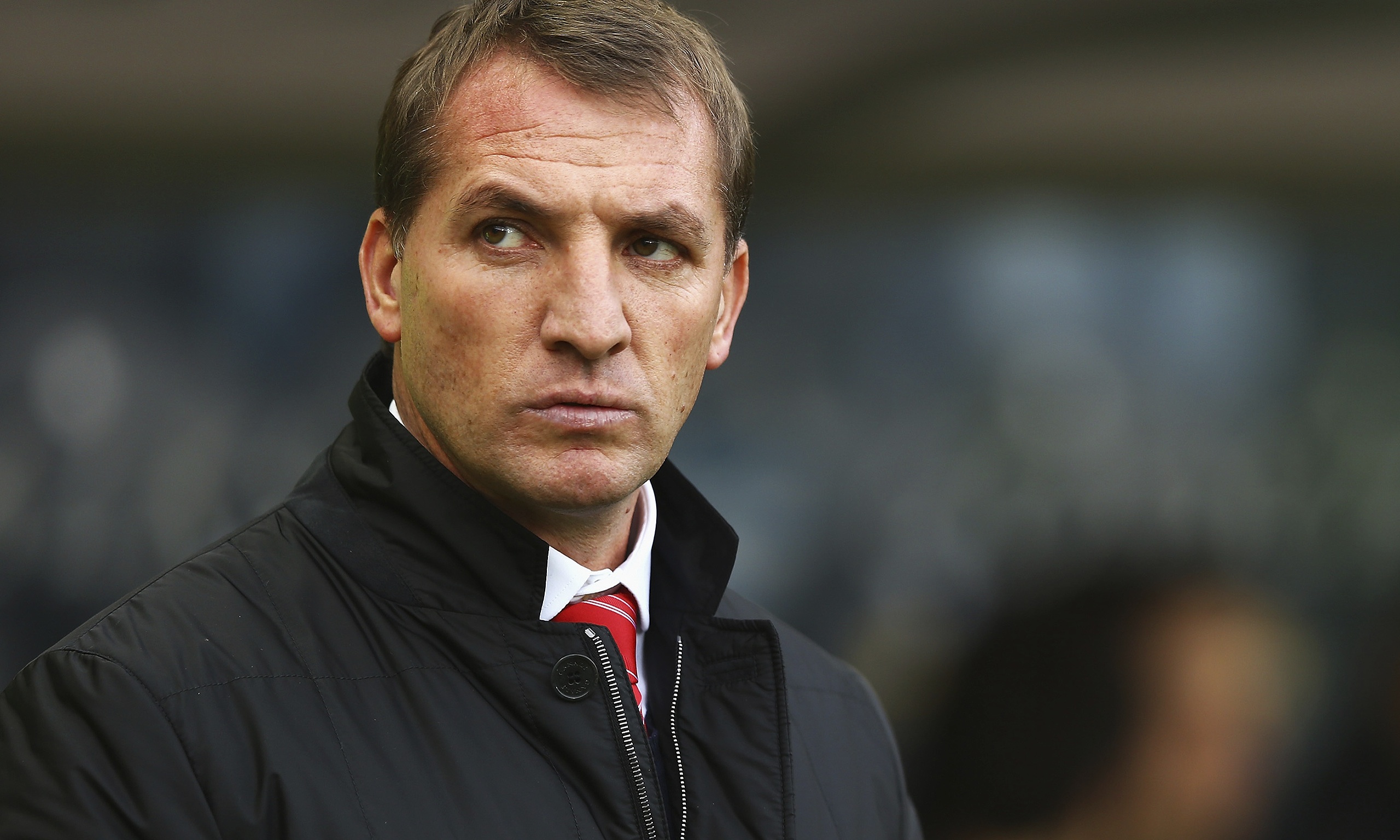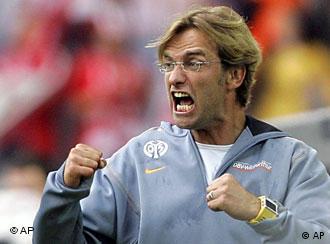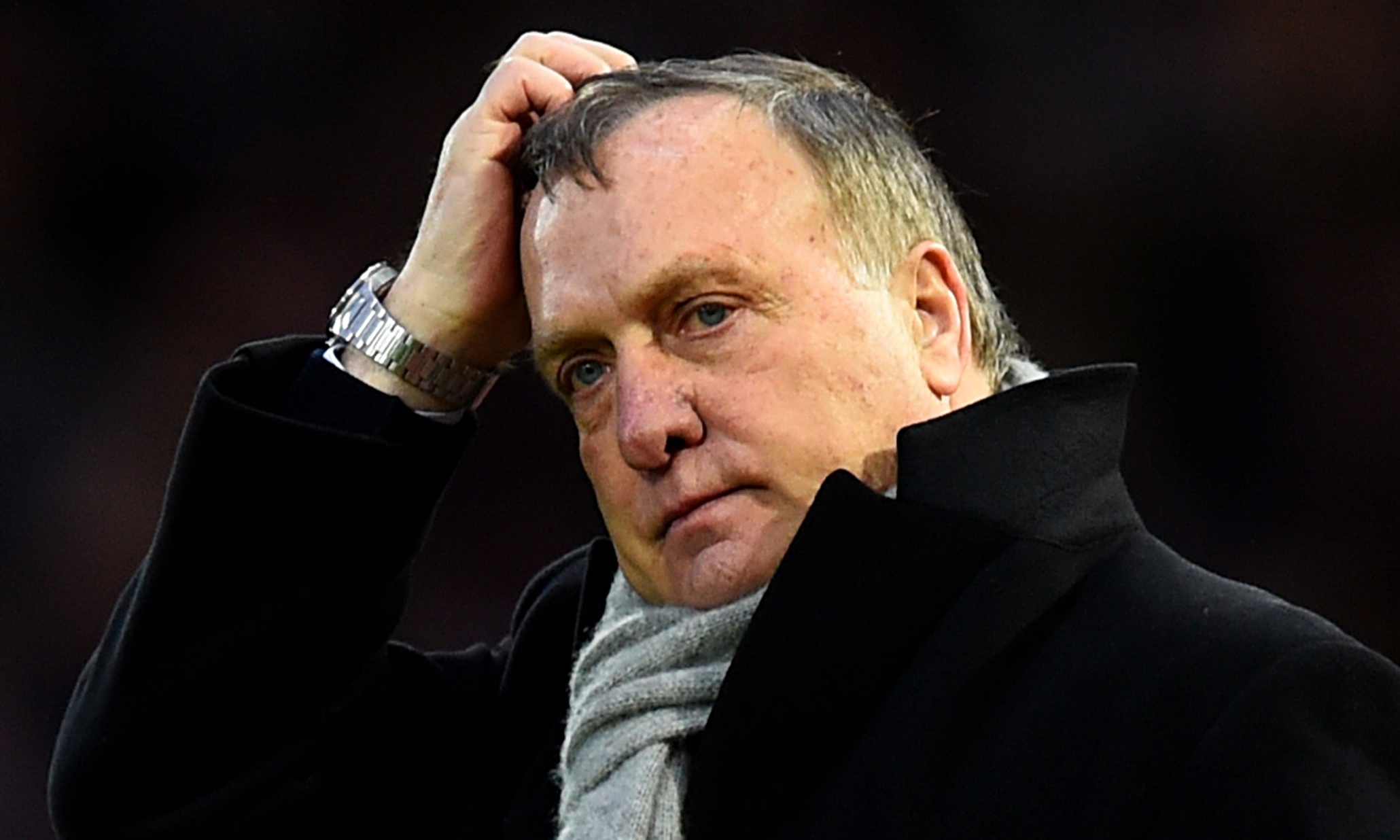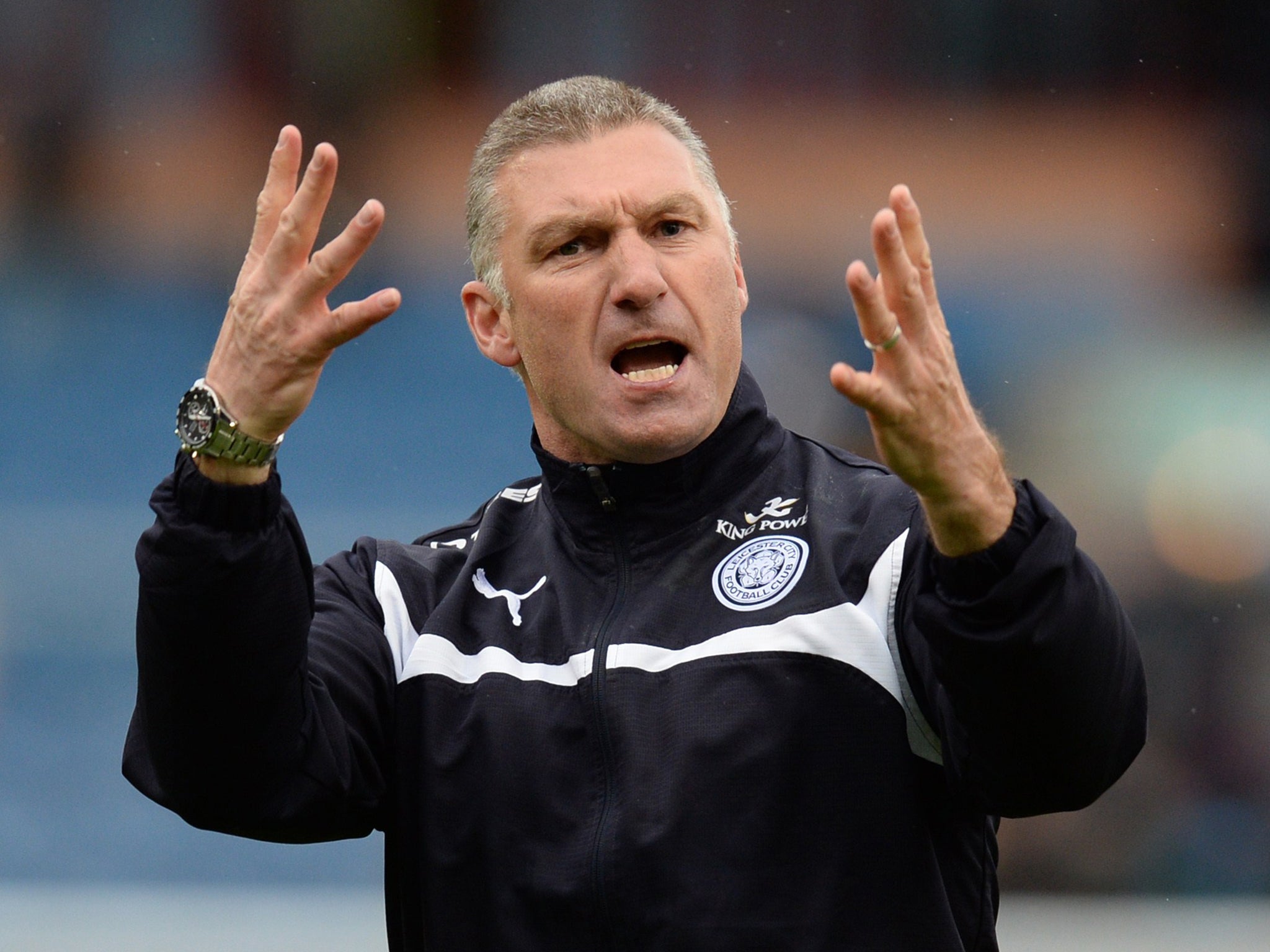 |
| Rodgers - deserving of more time? |
Although Brendan Rodgers' 166 games (equating to
three-and-a-bit years) of employment for Liverpool Football Club represents eons in modern footballing terms, there are many who believe the board have acted
with disappointingly clichéd haste. While it can be argued that the demand for
results is correlated to the amount of money currently being pumped into the
game, one can't shake off the romanticism of a try-hard who struggles and toils
before getting it right. With Rodgers robbed of such an opportunity, here are
five managers who would have succumb to his fate in a similar time period had
Fenway Sports been assessing their position...
Alex Ferguson (Manchester United 1986-2013)
 |
| Mandatory Fergie mention whenever a manager is sacked. |
OK, let's get the obvious one out of the way. Everybody is
sick to death of seeing Fergie wheeled out every time a chairman makes a knee-jerk
decision, but the timing of Rodgers sacking when compared to Ferguson is
notably apt. Three-and-a-bit years in was slap-bang in the middle of Ferguson's
darkest period as Manchester United manager.
The club had just spent a good chunk of money on
reinforcements, including the additions of Paul Ince, Gary Pallister and Mike
Phelan (Whose fees don't quite reach the heights of £20million Dejan Lovren and
the like...), and the results were extremely poor. United ended 1989 on the
brink of the relegation zone, having suffered a humiliating 5-1 defeat to
Manchester City in the process.
The rest, as they say, is history. The board kept faith with
the scarlet-faced Scot, ignoring the grumblings of supporters, and Ferguson
went on to become the most decorated manager in English football history. Yes,
this is a worn-out example akin to losing an argument by Godwin's Law, but it
builds an undeniably strong starting point for the defence case.
Dario Gradi (Crewe Alexandra 1983-2007)
 |
| Gradi - greatness without the glitz. |
Dario Gradi's achievements may not be quite as sparkling at
Sir Alex Ferguson's, but his legacy at Crewe Alexandra is just as huge. Gradi
began his Crewe tenure as the club was teetering on Football League oblivion,
with The Railwaymen having applied for re-election on more than one occasion.
Gradi was able to haul the club from the very bottom of the Fourth Division,
but the improvement was only marginal. Five years after his appointment, Crewe could
still only manage 17th in the bottom tier.
Although one might argue that there is less pressure on a
manager in the lower divisions, this is completely countered by the
catastrophic effect of a club losing its place in the football league. The
board had strong faith in Gradi, and the long-term rewards were huge. He led
the team to multiple promotions, capping off with the club's highest ever
finish of 14th in the second tier (2001). The Gradi era ensured Crewe Alexandra's
status as a Football League mainstay. The story would have been very different
without him.
Louis van Gaal (Ajax 1991-1997)
 |
| Ajax had an incredible period under van Gaal's management. |
Had the knives been sharp enough, Louis van Gaal's excellent
reign at Ajax may have been sliced to death before it hit full speed. Though
van Gaal would go on to win three Eredivise titles, including an unbeaten season,
success wasn't instant. The future Dutch national manager could only manage 2nd
place in his first season, and Ajax fell to third the following year. Though
this seems a world away from Liverpool's inability to challenge for the title,
it's important to consider the context of Ajax's perpetual domination of the
Dutch leagues (along with PSV and, to a lesser extent in this era, Feyenoord)
and the resultant expectation to deliver.
Perhaps the modern-day reaction to a slight decline in
league performance would have been to find a new man, especially considering
van Gaal was promoted from the assistant manager's position in the first place
and therefore lacked the pedigree of a bigger name. However, it would be unfair
for me to neglect mentioning the 1992 UEFA Cup win, which preceded van Gaal
going one step further and winning the Champions League a few years later. So
perhaps this would go down as a case in which the seeds of success were sewn, in contrast to the trophyless Rodgers.
Thomas Schaaf (Werder Bremen 1999-2013)
 |
| Schaaf worked wonders for Werder. |
It was inevitable that Thomas Schaaf would end up managing
Werder Bremen given his 17 years of service to the club as a player. When he
was appointed in 1999, Werder Bremen were sliding uncomfortably
towards relegation, so there is certainly an argument to say that Schaaf wouldn't necessarily have got the chop. His initial influence was to stabilise the club for the first few seasons, keeping
them in-and-around mid-table.
With consecutive finishes of 9th, 7th, 6th and 6th, it's
unlikely that a reasonable board would have seen this as an issue that needed resolving. But perhaps if a manager with the prestige of
Jurgen Klopp started making noises about finding a new club, a
"business-minded" chairman would have taken the brave decision of
cutting out a club-favourite for 'guaranteed success'.
As it was, Schaaf continued to enjoy his reign for many
years, peaking with a league and cup double in 2004 - the first in the club's
history.
Jurgen Klopp (Mainz 05 2001-2008)
 |
| Liverpool's next manager isn't a direct ticket to success... |
Ah, the sucker punch! Although I must admit, in stretching
this to cover the surface area of the argument, I am leaving quite enormous
holes that I'm sure astute readers will be quick to point out. Jurgen Klopp's
managerial career began at Mainz 05, with the club ambitious to secure promotion
to the Bundesliga. After Klopp's second attempt fell just short, perhaps a
panicky board would have looked elsewhere (although this would have been
extremely harsh, even by modern standards).
Klopp led Mainz to 3rd place in 2004, snatching promotion
and beginning the club's short stay in the top flight. He managed to keep Mainz
in a comfortable mid-table hover for two seasons, before a disastrous 2007
plunged the club into relegation. Did Mainz sack him then? Not a chance, and if
anything Klopp would enjoy the equivalent of a personal promotion by taking the
Dortmund job in 2008.
So this is a bit of a clunky example, but how many managers
have seen their club decline in such a way, only to be offered a massive
position a year later? Let's hope Fenway Sports are aware that Klopp's record
isn't entirely blotless, and that - whisper it - it might take a year or two
before any strides towards progress are made...





